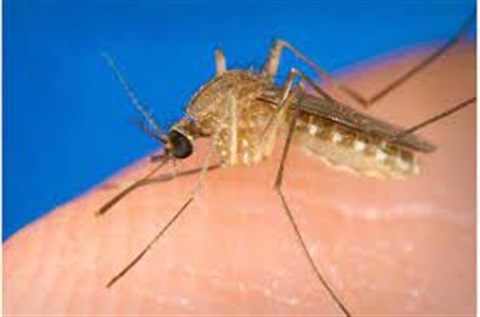Mosquito Control

Larval Mosquito Control
Cheyenne Weed and Pest uses a bio-rational approach to mosquito control in the City and the surrounding area in coordination with Laramie County Environmental Health. We closely monitor the prevalence and developmental stages of mosquitoes at over 500 sites. We primarily us a naturally occurring bacteria known as BTI (Bacillus thuringiensis israelensis) to reduce mosquito populations. BTI only affects mosquito, fungus gnat, and blackfly larvae which minimizes the effect on non-target organisms. According to the EPA, BTI poses no health risk to humans.
We attempt to remove mosquito habitat whenever possible. Habitat reduction is the single best tool for reducing mosquito populations but it is not always feasible or cost effective. We strongly encourage citizens to help protect themselves and their neighbors by checking their homes and businesses for anything that can hold water. Bird baths, clogged gutters, rain barrels, pet water bowls, tarps, etc., can all be sources of mosquitoes and should be emptied at least weekly.
Adult Mosquito Control
In addition to conducting over 2,000 thousand larval mosquito surveys in 2021, Weed and Pest set over 450 adult mosquito traps to identify areas that require additional attention and to collect Culex mosquitoes for virus testing. Culex mosquitoes carry and transmit West Nile Virus which can cause serious illness in some individuals. More information on WNV and its prevention can be found at the Wyoming Department of Health and the Centers for Disease Control and Prevention.
In the event of high Culex populations, Weed and Pest may initiate adult mosquito treatments using and ultra low volume truck sprayer to reduce the risk of human infection within the City of Cheyenne. More information on this process is available from the Centers for Disease Control and Prevention.